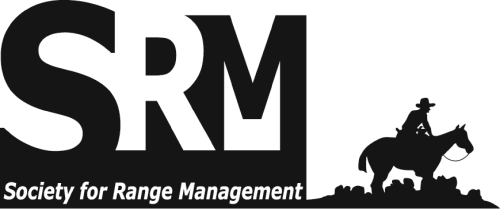Developing-country rangelands are vast and diverse. They are home to millions who are often poor, politically marginalized, and dependent on livestock for survival. Here we summarize work from six case study sites across sub-Saharan Africa, central Asia, and the Americas. We examine issues pertaining to population, natural resources, climate, land use, marketing, conflict, and livelihoods. As rangelands become more economically developed, livelihoods diversify and commercial livestock production expands. Pastoral livelihoods become more diversified, food security can improve, and wealth stratification among producers may widen. In some places significant investment in rural infrastructure and public service delivery has occurred. Telecommunications have improved everywhere because of mobile phones. Pressure from grazing, farming, mining, and other uses-combined with drought-can spur intense competition for resources. Internal and external factors have led pastoralists to become more sedentary, and herd mobility is reduced; such processes undermine traditional risk-management tactics. Resource competition can foster social conflict. Remote rangelands offer safe havens for rebels, warlords, and criminals in some places; civil strife can undermine commerce and public safety. There has been tremendous growth in knowledge concerning developing-country rangelands, but this has not often translated into improved environmental stewardship or an enhanced well-being for rangeland dwellers. Research is shifting from ecologically-centered to more human-centered issues; academic approaches are often replaced by participatory community engagement. Building human or social capital in ways that are integrated with improved natural-resource stewardship offers the greatest returns on research investment. Future research and outreach priorities include improving pastoral governance, enhancing livelihood sustainability, and integrating this with better range and livestock management.

Oral presentation and poster titles, abstracts, and authors from the Society for Range Management (SRM) Annual Meetings and Tradeshows, from 2013 forward.